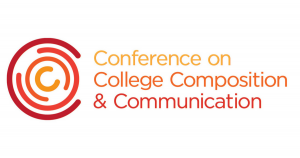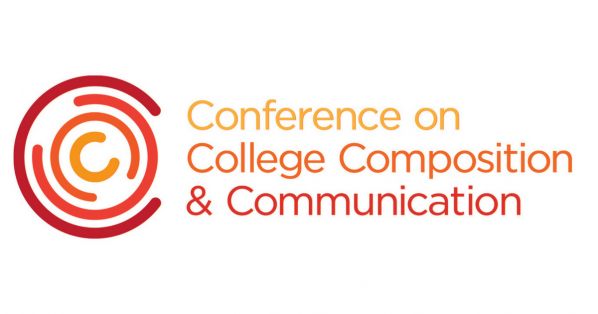Congratulations to our very own Dr. Sarah-Beth Hopton on her recent award from the Conference on College Composition and Communication! Her article “All Vietnamese Men Are Brothers: Rhetorical Strategies and Community Engagement Practices Used to Support Victims of Agent Orange” won the 2020 CCCC Technical and Scientific Communication Award in the category of Best Article Reporting Qualitative or Quantitative Research in Technical or Scientific Communication. The article was written in collaboration with Dr. Rebecca Walton and can be found in Volume 65 Issue 3 of Technical Communication.
Dr. Hopton is an Associate Professor of Technical and Professional Writing at Appalachian State. Her research focuses on the intersections of human rights, technology, and agriculture & environment. The article explores the communicative practices implemented by the Vietnamese Association for Victims of Agent Orange (VAVA), an international humanitarian non-profit organization that engages communities of dioxin victims in Vietnam. Dr. Hopton’s extensive field study, over five weeks in the country interviewing 38 participants, studied environmental and human health issues of those impacted by issues related to dioxin, better known in the United States as Agent Orange. Dr. Hopton and Walton examined similarities and differences between Western and non-Western rhetorical techniques and communication strategies when communicating complex, contested science.
Context proved to be a significant finding of the study, as similar intercultural communication research has shown. For example, Dr. Hopton said that Western communication patterns that were more “critical, linear, logical,” and goal-driven didn’t work as effectively in a Vietnamese context, thus researchers working in intercultural contexts must study and consider and adapt to variations in cultural practice in order to communicate effectively in cross-cultural settings.
“Different cultures have different rhetorical aims and etiquette, and those rhetorical traditions are informed and influenced by a political, ecological, economical, and spiritual history that is often quite different from ours. Thus, to be an effective communicator in such contexts, it is incumbent upon the technical communicator to know how these broader histories, philosophies and practices inform communicative technique.”
Dr. Hopton had previously spent a year living and teaching in Vietnam and was inspired to conduct this study by her stepfather’s experience as a Vietnam War veteran who was exposed to Agent Orange during his tour while stationed at the Da Nang Air Force Base where the defoliant was stockpiled. This research is deeply personal to her not only because her father suffered significant health consequences related to his exposure, but so did his female children, her sisters. While she lived in Vietnam, she volunteered for dioxin care groups and witnessed other terrible human health and environmental and agricultural effects of chemical exposure.
Following her time in Vietnam, she returned to the states to work on her PhD. Her dissertation, which was nominated for the CCC’s outstanding dissertation award, focused on the language and metaphor of Agent Orange exposure and victimization.
The social, environmental, and health effects of Agent Orange, in addition to the technology involved in its creation, distribution, and even its eventual remediation is what Rittel & Weber (1973) called a “wicked problem” – a problem so complex and multi-layered and interconnected that traditional approaches and processes can’t solve them. The field of technical and scientific communication has many wicked problems, and dioxin exposure is but one of them.
“The human and environmental health consequences of dioxin exposure are an excellent example of such wickedness and it’s why I want to continue to expand this body of work.”
Dr. Hopton and Dr. Walton will return to Vietnam in the summer of 2021 to continue their research in the lower part of the country, continuing to collaborate with VAVA and other feminist humanitarian organizations. Collaborative work is essential in the field of Rhetoric and Writing Studies where such research helps practitioners, scholars, and students understand communication problems and best practices. Their experiences in collaborating and interacting in Vietnam will be outlined further in an upcoming chapter in Bernadette Longo and Nancy Small’s special collection on transnational research to be published by SUNY press.
Once again, congratulations to Dr. Hopton for her outstanding accomplishment. We look forward to reading more from this line of research in the future.

